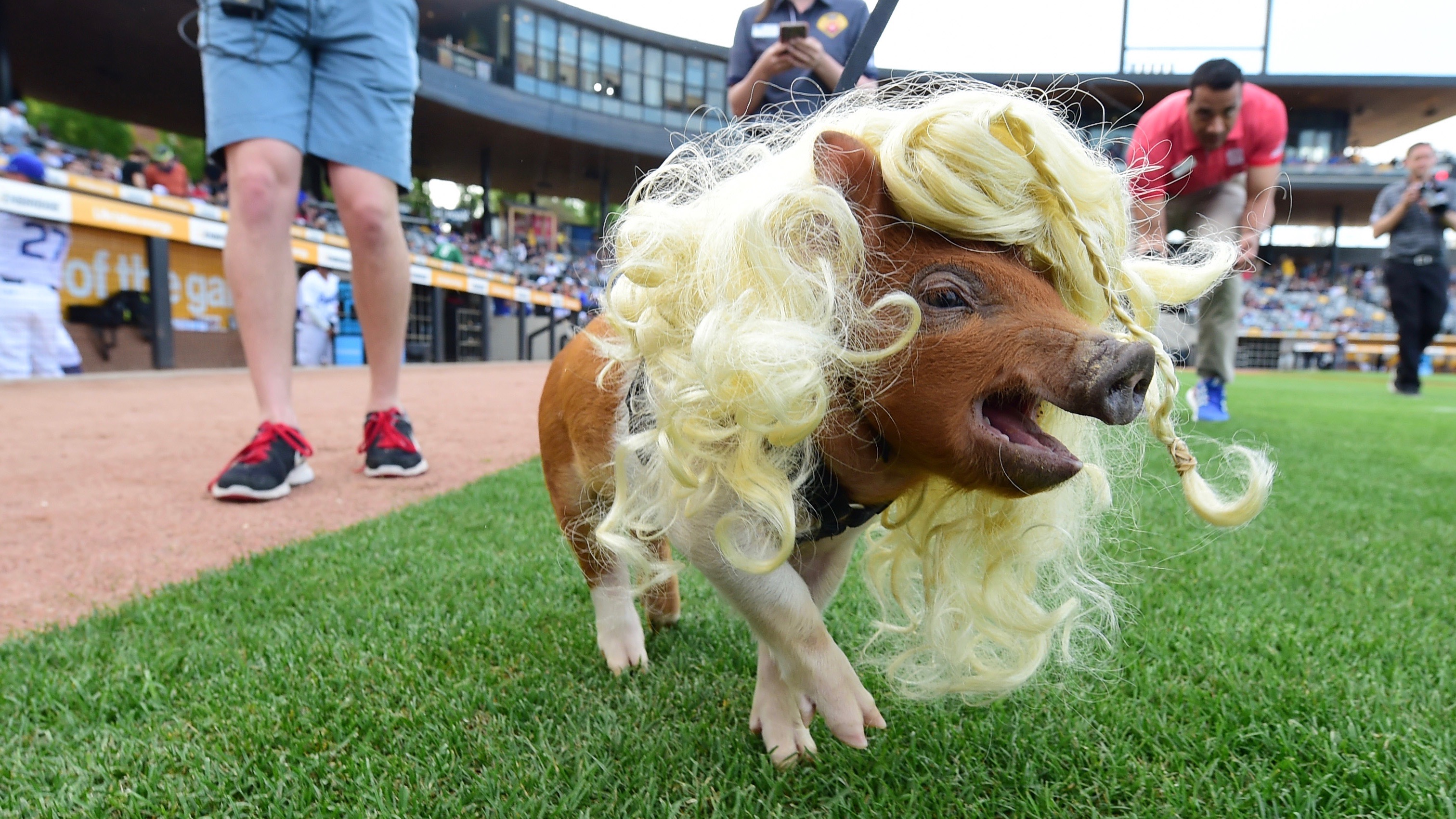This month, a British court overturned a case wherein a woman was convicted of hate speech after having a row with someone on (you guessed it) Twitter, in which she called the person a 'pig in a wig'. The recipient was a trans-woman who took, in my view, too much offence at this and went to the police.
This is what the Judgement had to say in the end after the appeal, from the article,
“In short, I do not consider that under s 127(2)(c) there is an offence of posting annoying tweets. I would reach that conclusion as a matter of domestic statutory interpretation without reference to the Human Rights Act, but once one takes Article 10 into account the position is even clearer.”
Article 10 of Britain’s Human Rights Act states: “Everyone has the right to freedom of expression. This right shall include freedom to hold opinions and to receive and impart information and ideas without interference by public authority and regardless of frontiers.”
Dismissing the original judge’s interpretation of the law, the appeal court ruled:
"This is an unstructured approach that lacks the appropriate rigour. The Crown evidently did not appreciate the need to justify the prosecution, but saw it as the defendant’s task to press the free speech argument.
The prosecution argument failed entirely to acknowledge the well-established proposition that free speech encompasses the right to offend, and indeed to abuse another.
The Judge appears to have considered that a criminal conviction was merited for acts of unkindness, and calling others names, and that such acts could only be justified if they made a contribution to a “proper debate”."
Judges Back 'Freedom to Offend' in Transgender "Pig in a Wig" Name-Calling Case (thenationalpulse.com)
I back this ruling. You haven't the right not to be offended.
This is what the Judgement had to say in the end after the appeal, from the article,
“In short, I do not consider that under s 127(2)(c) there is an offence of posting annoying tweets. I would reach that conclusion as a matter of domestic statutory interpretation without reference to the Human Rights Act, but once one takes Article 10 into account the position is even clearer.”
Article 10 of Britain’s Human Rights Act states: “Everyone has the right to freedom of expression. This right shall include freedom to hold opinions and to receive and impart information and ideas without interference by public authority and regardless of frontiers.”
Dismissing the original judge’s interpretation of the law, the appeal court ruled:
"This is an unstructured approach that lacks the appropriate rigour. The Crown evidently did not appreciate the need to justify the prosecution, but saw it as the defendant’s task to press the free speech argument.
The prosecution argument failed entirely to acknowledge the well-established proposition that free speech encompasses the right to offend, and indeed to abuse another.
The Judge appears to have considered that a criminal conviction was merited for acts of unkindness, and calling others names, and that such acts could only be justified if they made a contribution to a “proper debate”."
Judges Back 'Freedom to Offend' in Transgender "Pig in a Wig" Name-Calling Case (thenationalpulse.com)
I back this ruling. You haven't the right not to be offended.
Last edited:

